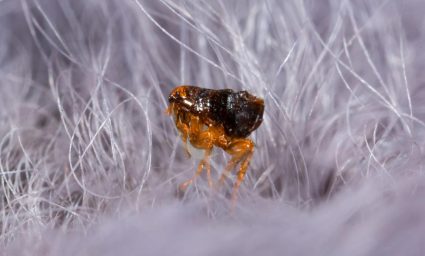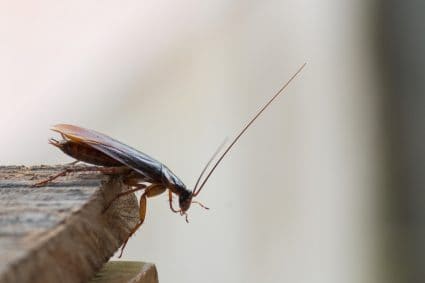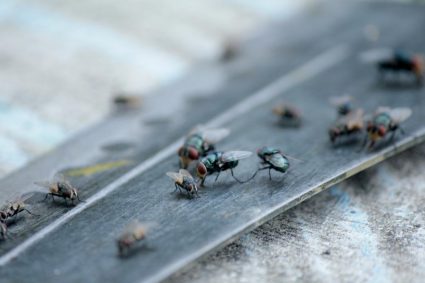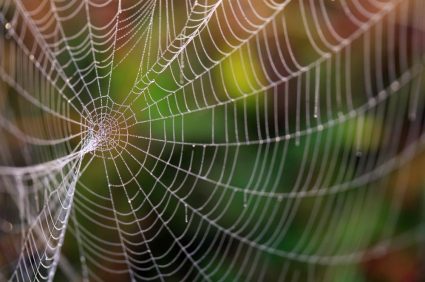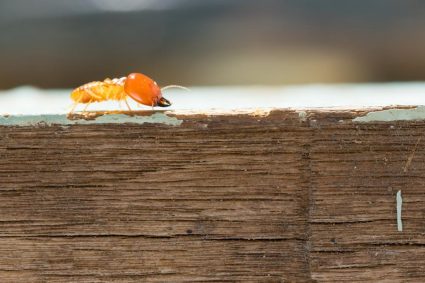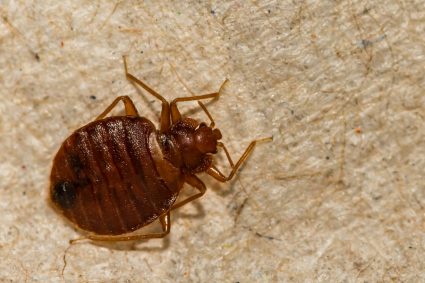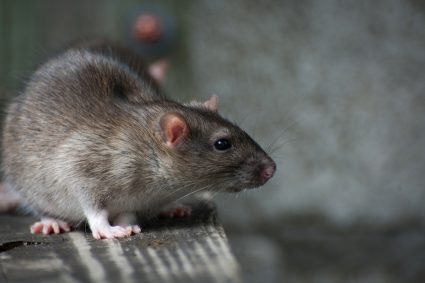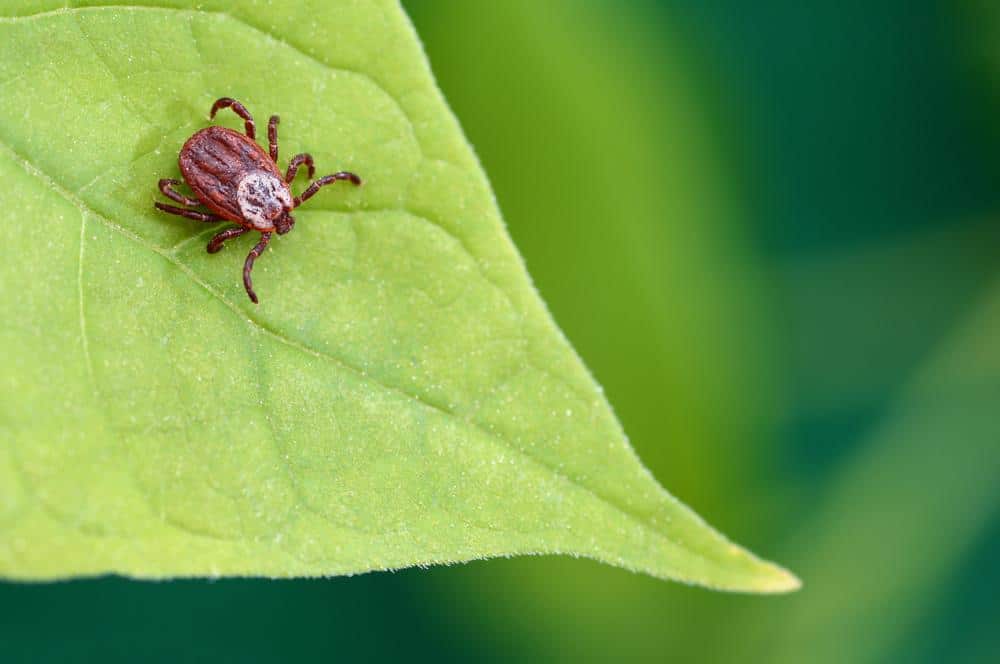
Chiggers are tiny creatures that can cause a lot of discomfort. These mites, also known as Trombiculidae, are common in North America and Britain and are often confused with jiggers, a type of flea. Chiggers in their larval stage bite humans and animals, causing intense irritation, itching, and dermatitis. This article explores the use of sulfur as a method to control these pesky creatures.
Sulfur does not directly kill chiggers, but it acts as an effective repellent. It disrupts the chiggers’ metabolism, driving them away from areas where it’s applied. It can be used on skin, clothing, and in yards. However, it must be used with caution as it can be irritating to the skin, eyes, and respiratory system, and is toxic to fish and some beneficial insects.
What Are Chiggers?
Chiggers, or Trombiculidae, are small mites known for their itchy bites. They attach to their host, pierce the skin, inject enzymes that digest cellular contents, and then suck up the digested tissue. Contrary to popular belief, chiggers do not burrow into the skin or suck blood. The itching from a chigger bite may not develop until 24-48 hours after the bite, making it difficult for the victim to associate the specific exposure with the bite itself.
How Does Sulfur Work Against Chiggers?
Sulfur does not directly kill chiggers, but it is an effective repellent. When applied to the skin or yard, sulfur can disrupt the chiggers’ metabolism and repel them away from the treated area. Powdered sulfur, also known as flower of sulfur, can be applied lightly to the skin below the knees to prevent chigger bites. It is also effective when applied to clothing, although it has a strong odor that some people may find undesirable.
In addition to personal use, sulfur can be applied to yards to repel chiggers. A light application of sulfur can spread chiggers to other areas of the yard instead of completely removing them, so it is essential to use the correct proportions. Dusting 1 pound of powder sulfur per 500 square feet can help keep chiggers away from your lawn.
Is Sulfur Safe for Chigger Control?
Sulfur is generally considered safe for humans and pets, but there are some precautions to take. Sulfur can be irritating to the skin, eyes, and respiratory system if inhaled or if it comes into contact with the skin. It is important to avoid inhaling sulfur powder and to be cautious when applying it to the skin. Sulfur is also toxic to fish, so it should not be allowed to enter or run off into storm drains, drainage ditches, gutters, or surface waters.
How to Use Sulfur to Repel Chiggers
To use sulfur effectively to repel or control chiggers, you can follow these steps:
- Apply powdered sulfur to your skin, socks, and shoes.
- Treat your yard with sulfur.
- Use sulfur to improve soil fertility.
- Consume sulfur tablets if preferred.
Remember that sulfur can be harmful to bees and other beneficial insects, so apply it only to areas where you want to repel chiggers.
How Does Sulfur Compare to Other Chigger Repellents?
Sulfur is an effective chigger repellent, but its effectiveness may vary compared to other repellents or killers on the market. Clothing impregnated with permethrin is very effective for preventing chigger bites. DEET-containing bug sprays can also be used to coat clothing and bare skin to repel chiggers. Consumer Reports found Sawyer Picaridin effective against chiggers and ticks as well as mosquitoes. Some essential oils, such as lavender, peppermint, tea tree, citronella, or thyme, can also be used as natural repellents.
In conclusion, while sulfur does not directly kill chiggers, it is an effective method to repel these mites and control their population. It is an inexpensive and natural solution, but like all treatments, it must be used correctly and with caution to avoid any potential side effects. Always follow the recommended application rates and methods for the specific product you are using.
Frequently Asked Questions
What is the lifecycle of a chigger?
Chiggers begin their life as eggs laid by adult chiggers in the soil. After hatching, the larvae climb onto vegetation and wait for a host (like a human or an animal) to pass by. After attaching to a host, they feed for a few days before falling off to develop into nymphs and then adults in the soil. Adult chiggers feed on soil until they are ready to lay eggs and continue the cycle.
How long does a chigger bite last?
The discomfort and itching caused by a chigger bite can last for several days, and the skin may take up to two weeks to fully recover.
Are there any other natural ways to repel chiggers?
Yes, besides sulfur, there are other natural methods to repel chiggers. Some of these include: wearing long pants and shirts with long sleeves, taking a shower immediately after being in chigger-infested areas, and using essential oils like tea tree, citronella, or lavender.
Can chiggers infest homes?
No, chiggers cannot infest homes as they prefer outdoor environments. However, they can hitch a ride on clothing or pets and cause bites indoors.
Is there any risk of disease from chigger bites?
In North America and Europe, chigger bites do not typically transmit disease. However, in some parts of Asia and the Pacific, chiggers can transmit a disease called scrub typhus.

